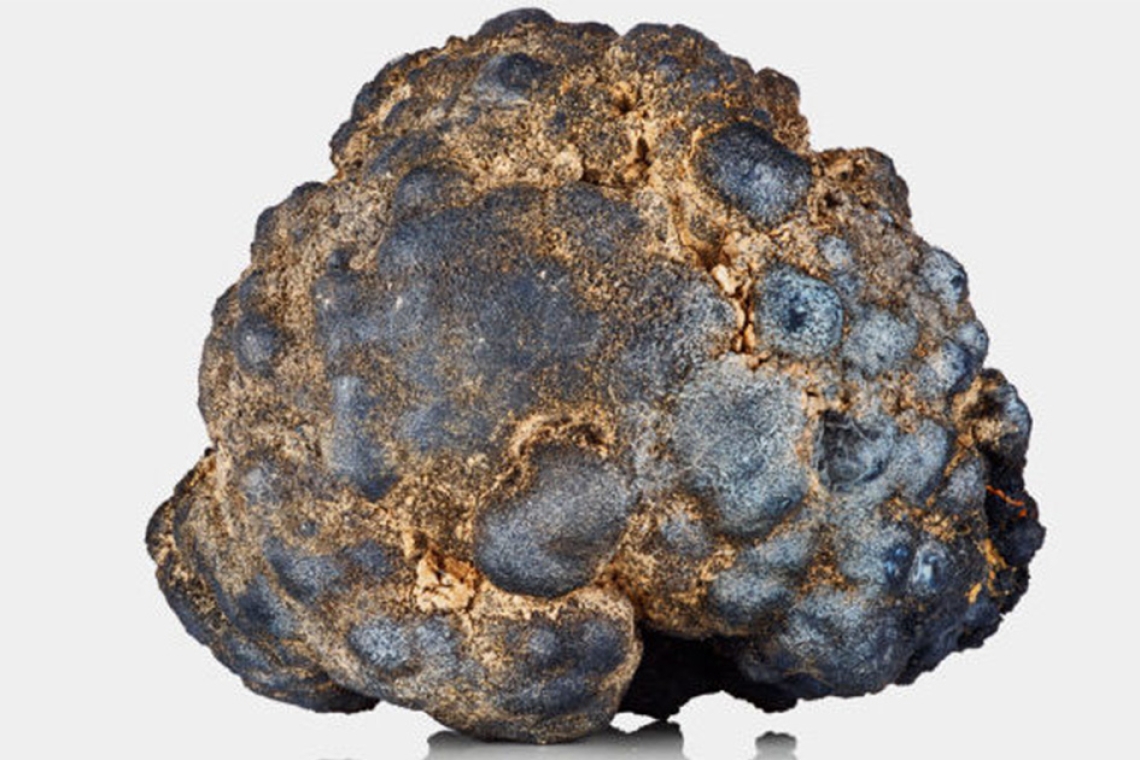US Congress Directs Pentagon to Assess Domestic Processing of Polymetallic Nodules under National Defense Authorization Act

TMC the metals company Inc., an explorer of the world’s largest estimated undeveloped source of critical battery metals, welcomed the inclusion of polymetallic nodules in a report requested by the House Armed Services Committee to the Assistant Secretary of Defense for Industrial Base Policy under the National Defense Authorization Act (“NDAA”).
Entitled “H.R. 2670 – National Defense Authorization Act for Fiscal Year 2024; and H.R. 1282 – Major Richard Star Act” and submitted June 21, the House Armed Services request under the NDAA includes a “roadmap recommending how the United States can have the ability to source and/or process critical minerals in innovative arenas, such as deep-sea mining, to decrease reliance on sources from foreign adversaries and bolster domestic competencies.”
TMC Chairman and CEO, Gerard Barron, said, “Given the known deficit of domestic supply and processing of critical lithium-ion battery cathode materials including cobalt, nickel, and manganese, the House request for the US Department of Defense to explore the possibility to process polymetallic nodules in the US is timely. By onshoring primary processing and refining of nodules, the US could secure supply and achieve mineral independence in four important battery metals, support domestic companies and jobs, and drastically reduce the environmental and social impacts that currently plague geopolitically-complex battery material supply chains.”
In February 2022, TMC welcomed the recognition from US political and military leaders of the potential of deep-sea nodules to strengthen national security and reshore supply chains for the energy transition. In March last year, Mr. Barron wrote to the Senate Energy and Natural Resources Committee, in which he noted, “Support from the US Government for the development of the polymetallic nodules resource and TMC’s first project, NORI-D, would unlock access to the resource without overcoming legislative hurdles to ratify the United Nations Convention on the Law of the Sea.”
Previously, Senator Lisa Murkowski (R-AK), a leader on energy and critical minerals issues in the US Senate, wrote a letter urging the Department of Energy to focus on securing access to battery raw materials and explore the potential of polymetallic nodules in the Clarion-Clipperton Zone of the Pacific. In reply, Secretary Granholm confirmed, “Ongoing R&D on critical battery minerals processing through the DOE Office of Science and the Advanced Manufacturing Office is applicable to potential US domestic processing and refining of metallic marine nodules...DOE is continuing to work with interagency partners to consider all potential sources of critical minerals for the supply chain including the role that seabed nodules could play in the future.”

